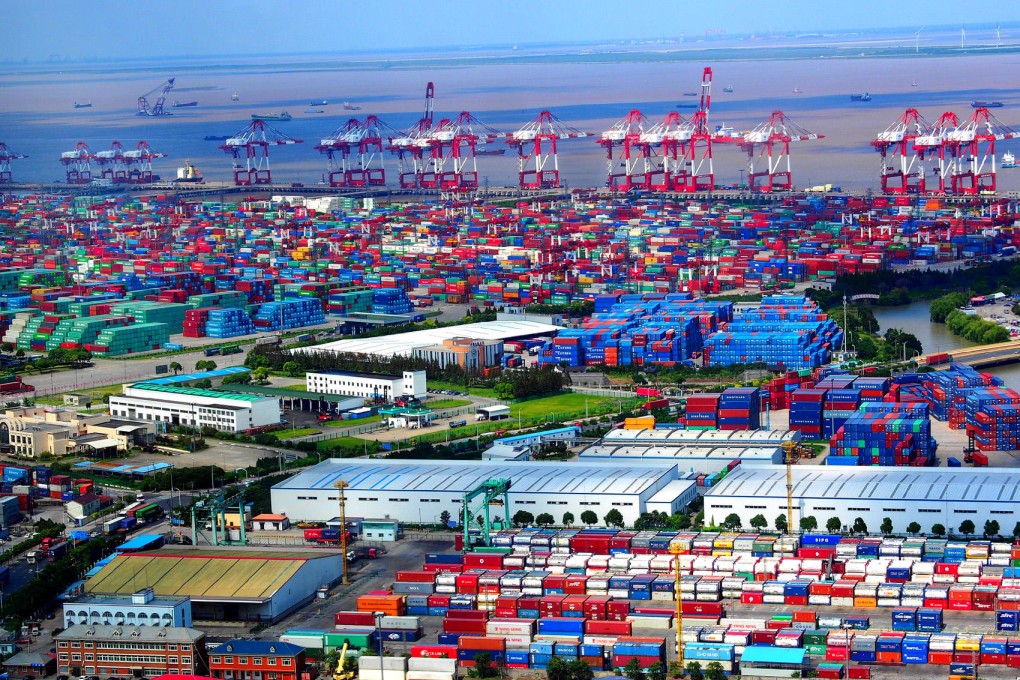Cautious start for Shanghai's free trade zone
The free-trade zone is up and running after much fanfare but questions still remain about exactly how free the region will be

After the big-bang unwrapping, the uncertainty: how free is the Shanghai Free Trade Zone (FTZ)?

Clues to concessions on corporate income tax have been elusive while very little has been said on capital account and interest rate liberalisation.
While dos are scarce, there is a long list of don'ts in the form of a "negative list" for foreign investors. Moreover, private companies are required to make public their annual profit and loss account, which some say would make foreign companies "uncomfortable".
In Hong Kong, private companies are required to submit their accounts to the inland revenue department, but they are under no obligation to make them public.
"It suggests to us a cautious start and the gradual approach that officials want to take in this experiment," said Nomura chief economist Zhang Zhiwei, referring to the "negative list".